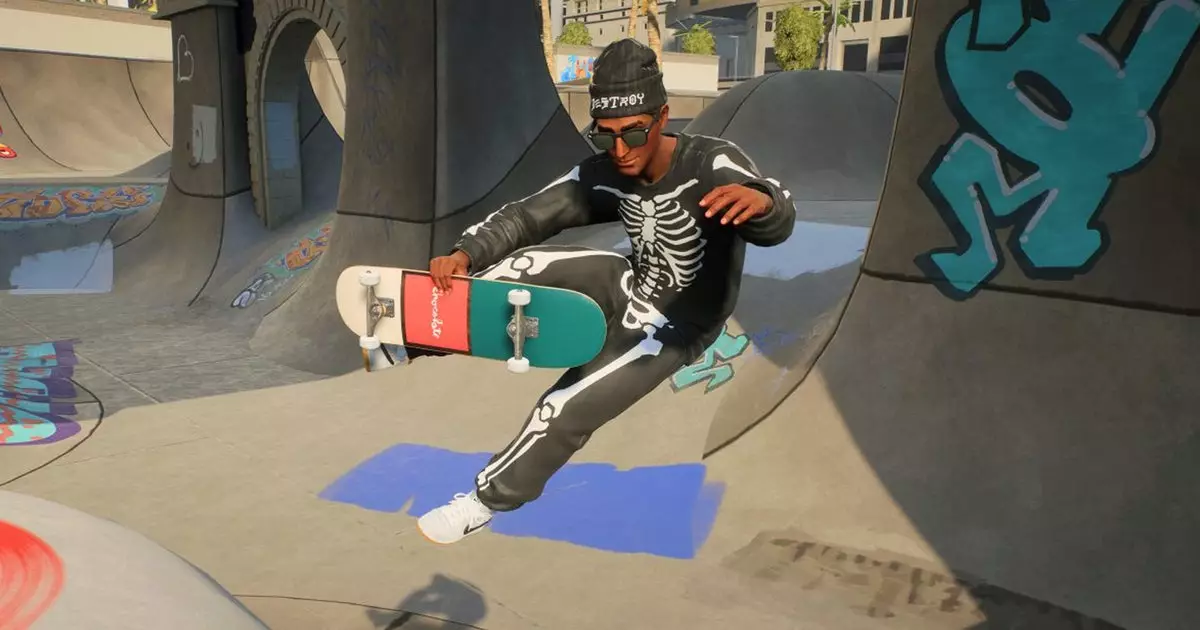In an era where gaming is less about single-player narratives and more about persistent online worlds, the rise of always-online games has prompted a heated debate within the community. Recently, EA has introduced a new communication initiative they call The Grind, ostensibly an effort to engage players in discussions about their upcoming Skate reboot. However, the latest revelations under this umbrella have only stirred frustrations among fans who long for the freedom of offline play.
The crux of the matter hinges on the developers’ assertion that the game’s design necessitates a constant online presence. It’s hard to ignore the implications of such a statement—it almost seems as if players’ preferences take a backseat to corporate-driven decisions. While EA may tout the advantages of a dynamically evolving game world, the underlying message is clear: any semblance of offline gameplay is being sacrificed in favor of a living, breathing city that exists only in the digital ether.
A Shift Toward Engagement or a Marketing Strategy?
EA frames this initiative as a way to connect with the community, yet one has to wonder whether they are genuinely interested in player feedback or simply leveraging it to smooth over the backlash. The response to queries about an offline mode has been unequivocally negative, suggesting that the company is doubling down on its commitment to the ongoing online framework. Given that previous titles, like The Crew, have faced legal action due to poor online experiences, one can only speculate whether EA’s insistence on being online is merely a strategy to milk the live service model for all its worth.
Of course, there’s a simultaneous offer to enhance gaming experiences with various rewards, such as character customization options that wouldn’t require real money. While such features sound appealing, they can’t overshadow the fundamental issue of accessibility. The idea of earning “cool” things without financial investment is a nod towards inclusivity, yet it feels like a poor consolation prize for those desiring a more traditional gaming experience.
The Double-Edged Sword of Innovation
EA’s ambition to make the Skate franchise akin to the Fortnite phenomenon is emblematic of contemporary gaming trends. The rapidly changing cityscapes, live events, and multiplayer activities promise to keep players engaged. However, this evolution from static gameplay to a perpetual state of flux brings with it inevitable risks. For one, the games may become unplayable if servers are ever shut down, as evidenced by the unfortunate histories of other titles.
Moreover, there’s a nagging fear about the sustainability of such models. As gaming shifts further into an always-connected landscape, the question remains: will the medium still hold the same resonance with audiences? While the prospect of expansive, cooperative worlds is enticing, one can’t help but lament the lost simplicity of games that could be enjoyed without the necessity of a constant internet connection.
What we’re witnessing is more than just a design choice; it’s a reflection of the gaming landscape’s tendency to prioritize ambition over accessibility. Players are left caught between the allure of evolving gameplay and the desire for stable, standalone experiences, leaving many to ponder whether this is truly progress or simply a new paradigm fraught with challenges and compromises.


Leave a Reply